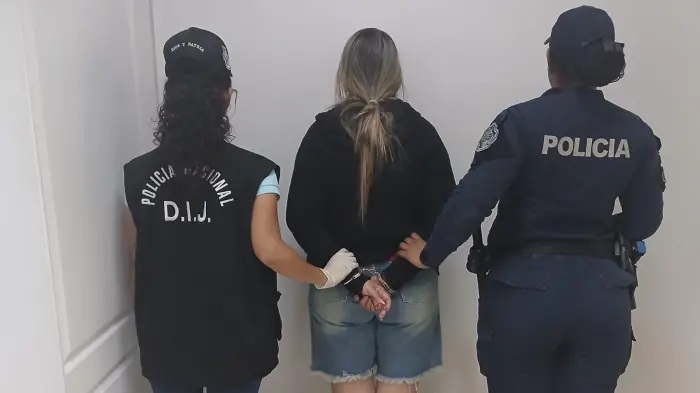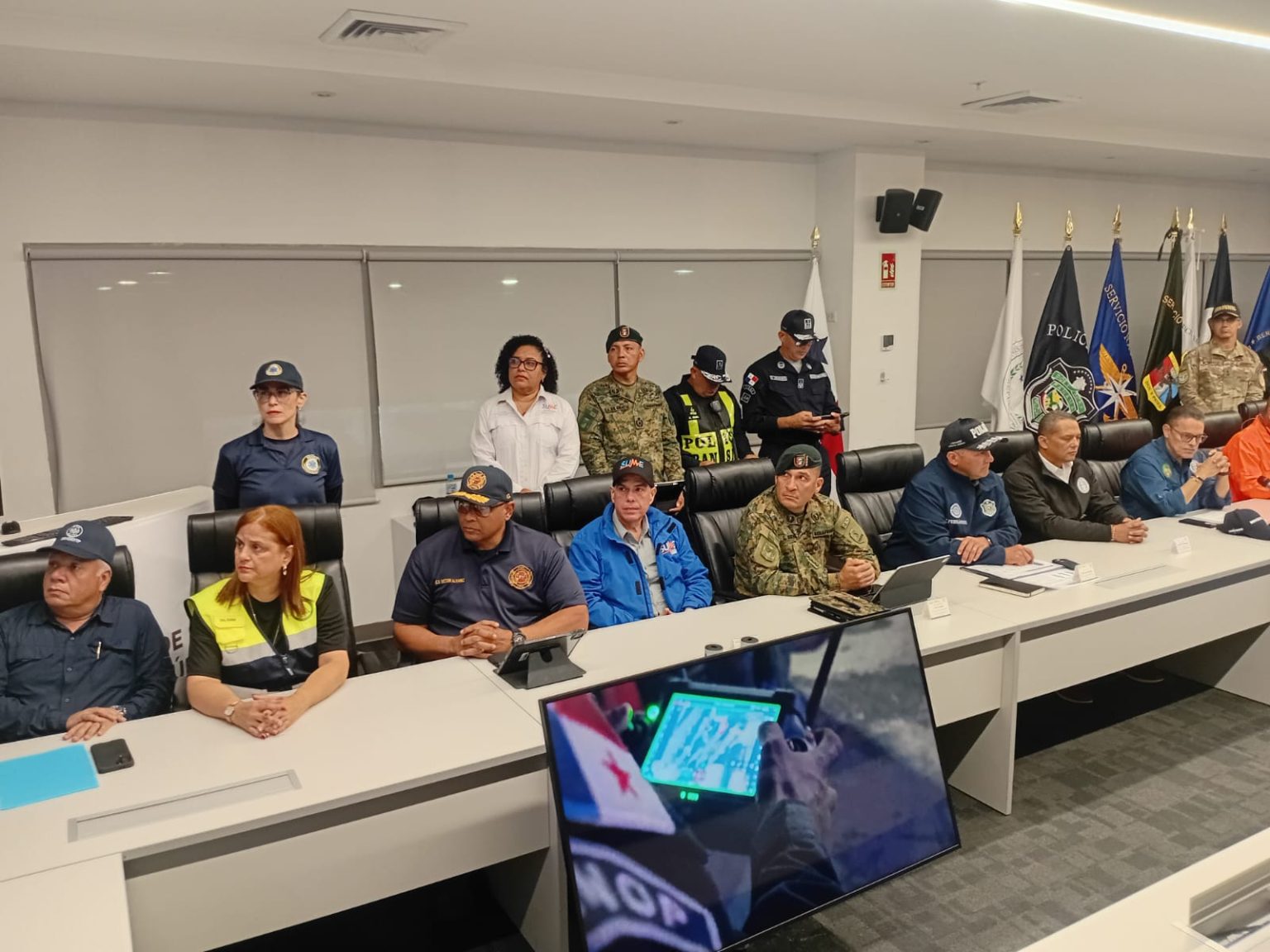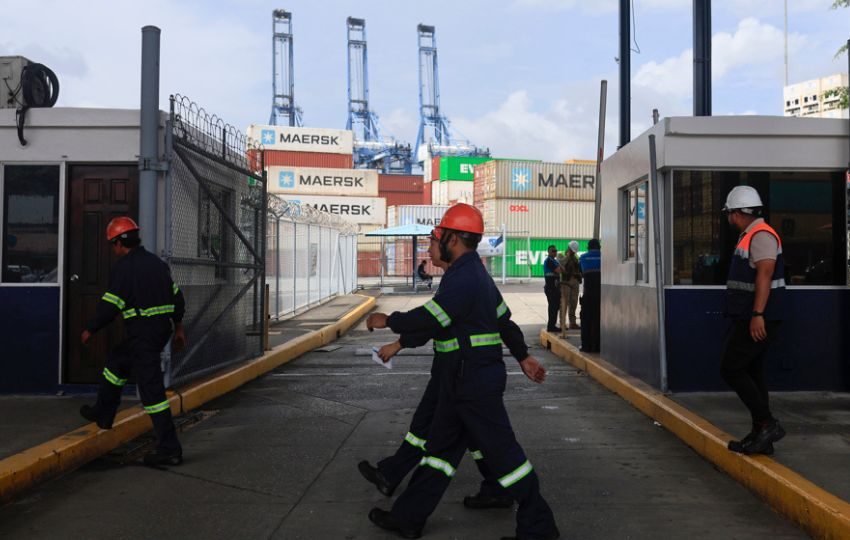Wiretapping scandals in Panama and Colombia

A FORMER Colombian spy chief wanted on charges of illegal wiretapping of politicians, judges and journalists was granted asylum in Panama, and is still in hiding there. But Panama too has been involved in spying on its citizens and sought the help of the U.S., creating tensions between the two countries.
In July 2009, almost immediately after taking office as president, Ricardo Martinelli sent a BlackBerry message to the Ambassador of the United States Barbara J. Stephenson saying “I need help with phone recording.”
According to a diplomatic cable from the Embassy in Panama, filtered by the organization Wikileaks, dated August 22, 2009, the Panamanian government, had been repeatedly requesting technical assistance from the U.S. to extend their ability to wiretap, reports La Prensa.
According to information, Martinelli sought the cooperation of the American Drug Enforcement Agency (DEA) to support him in his plan to wiretap for political purposes. Martinelli thought it was unfair that the “DEA collect information but that Panama did not benefit from it,” a diplomat reported.
The president outlined several ‘objectives’ he believed should be recorded through the U.S. ‘Matador’ system operated by staff of the Sensitive Investigation Unit Panama.
The report included an extensive report by Global Voices America, Martinelli said the American government “should give [the Government of Panama] itsown capacity for independent action in exchange for use of [its] facilities.”
When the Panamanian government threatened to reduce its cooperation with the surveillance program against drug trafficking, the ambassador struck back, warning that these pressures would be report to her superiors in Washington.
Martinelli backed down in the end, but by then the Panamanian government had raised its intention to expand its wiretapping program on its own. According to reports, he had already met with the directors of mobile operators to discuss methods of obtaining data calls.
Stephenson advised the Panamanian government to “streamline” the process for emergency court orders for legal interception. In another leaked diplomatic cable, she expressed concern about the political pressure that these practices involved and that in her judgment they undermined the independence of the judiciary.
American officials linked to the program warned against the danger of local officials trying to deflect information for “domestic political games.”
In December 24, 2009, after the EU decided to cut a program of the Panamanian executive, the diplomatic mission issued another cable stating that the decision had been received “with resistance and threats”, citing “a series obstacles,” including threats to expel the DEA from the country.
The Ambassador urged the government not get entangled in wiretapping for political ends or “questionable activities” in Panama.
“If we cannot ensure a high level of confidence that the ‘Matador’ program will not be’ ‘ misused for political purposes, then we prefer to suspend the program,” she said. However, ‘Matador’ continued.
The cables came to light in 2010, generating a predictable scandal that further stressed relations between Martinelli’s government and the United States.
Complaints about parallel payments to Panamanian agents by the American government further soured the relationship. The complaint was justified as part of the bi-national effort against criminal organizations.
That year, Stephenson was relieved of her mission in Panama.
Eavesdropping, for purposes other than prosecution, are not new and have always been a cause celebre, as undertake basic guarantees of democracy and the rule of law, the inviolability of communications and freedom of thought.
In recent years, in Colombia, for example, during the second term of former President Alvaro Uribe the wiretapping scandal broke when the Administrative Department of Security (DAS), the main intelligence body of the Colombian State was used to spy on politicians, journalists and those opposing or criticizing the Uribe government .
The uncovering of the scandal cost the heads of its directors, one of whom, Maria del Pilar Hurtado, was granted asylum in Panama by the government Martinelli.





